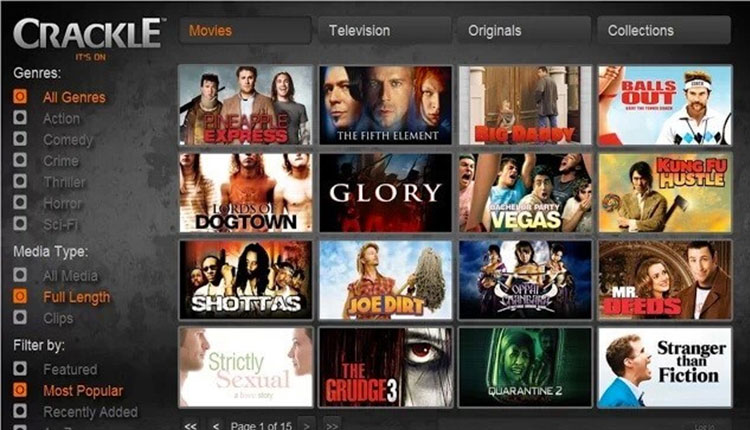
In an age where digital content is king, the allure of free movie downloads is undeniably strong. With just a few clicks, users can access an extensive library of films, bypassing subscription fees and rental costs. However, this convenience often comes at a cost that extends beyond the wallet. The internet is saturated with websites claiming to offer free downloads, but Watch movies free without ads reality behind these services is far more complex and risky. In this article, we delve into the world of free movie downloads, exploring the risks, legal implications, and safer alternatives for movie enthusiasts.
The demand for free movie downloads is largely driven by rising subscription costs on popular platforms like Netflix, Amazon Prime, and Disney+. For many, the appeal of accessing new releases without financial commitment is hard to resist. Torrent sites and direct download websites cater to this demand by providing vast collections of films across genres. Social media platforms and forums further amplify this trend by sharing download links and guides, making it easier for users to access pirated content.
What many users fail to realize is that downloading movies for free from unauthorized sources is illegal in most countries. Copyright laws are designed to protect the intellectual property of filmmakers and production companies. Engaging in such activities can result in hefty fines or even legal prosecution. Governments worldwide have been cracking down on piracy with stricter regulations, website bans, and even surveillance of IP addresses to curb the spread of unauthorized downloads.
Aside from legal repercussions, the cybersecurity risks associated with free movie downloads are substantial. Many unofficial sites are notorious for embedding malware, ransomware, or spyware in download links. Unsuspecting users often fall victim to data breaches, with sensitive information such as passwords and financial details being compromised. Even popular torrent files are sometimes seeded with malicious software that can infect a user’s system upon download.
The promise of free movies often comes with a significant compromise in quality. Movies downloaded from unauthorized sources frequently have poor resolution, broken audio, and distracting watermarks. Additionally, these sites are often cluttered with intrusive ads and pop-ups that degrade the user experience. In contrast, legitimate streaming platforms offer high-definition content, seamless playback, and enhanced features like subtitles and multi-device support.
Piracy poses a significant threat to the film industry’s revenue model. Production companies invest millions in creating films, and unauthorized downloads directly undermine their ability to recoup these investments. This financial strain impacts not only the studios but also thousands of professionals working behind the scenes—from actors and directors to sound engineers and costume designers. In the long term, consistent losses due to piracy could result in fewer films being produced and limited content diversity.
For those seeking cost-effective ways to watch movies, numerous legal alternatives are available. Ad-supported streaming services like Tubi, Crackle, and Pluto TV offer free access to a broad selection of films in exchange for brief commercial interruptions. Additionally, platforms like Youtube and Vimeo have extensive libraries of free and indie films. Subscription-based models such as Netflix and Amazon Prime also offer budget-friendly plans, often with trial periods to explore content risk-free.
Virtual Private Networks (VPNs) have become popular tools for those looking to access geo-restricted content legally. While some misuse VPNs to mask identities during illegal downloads, they also serve a legitimate purpose. By encrypting internet traffic and masking IP addresses, VPNs enable users to securely access regional libraries of legal streaming platforms. However, it is essential to choose reputable VPN services to ensure data privacy and avoid potential legal complications.
Beyond legality and cybersecurity, the ethical aspect of free movie downloads is a point of contention. By opting for unauthorized downloads, viewers essentially deprive creators of fair compensation for their work. Supporting legal channels not only ensures that artists and production teams are paid fairly but also promotes the sustainability of the entertainment industry. Ethical movie consumption involves making conscious choices to support filmmakers by subscribing to legitimate platforms or purchasing individual titles.
In the end, the choice between free movie downloads and legal alternatives boils down to awareness and ethics. While the temptation of cost-free access may be strong, understanding the associated risks—ranging from legal consequences to cybersecurity threats—is crucial. By choosing legitimate streaming services, users can enjoy high-quality content without jeopardizing their privacy or breaking the law. As the landscape of digital entertainment continues to evolve, making informed choices will ensure a safer and more sustainable future for both viewers and the film industry alike.